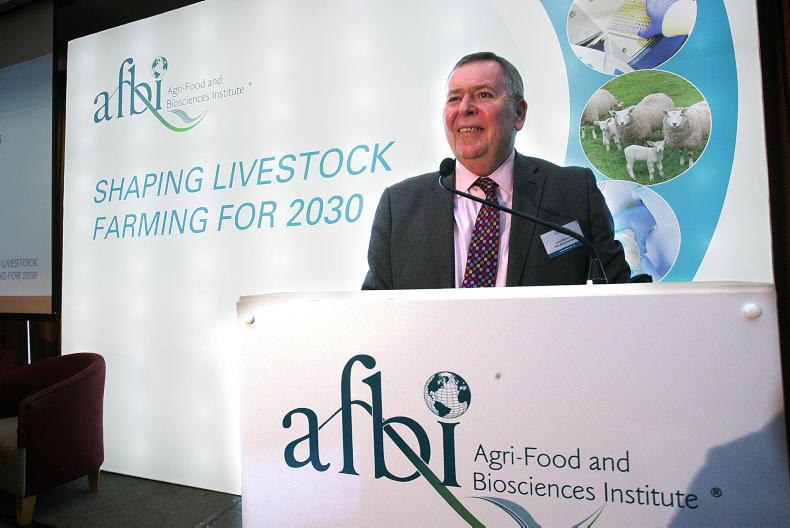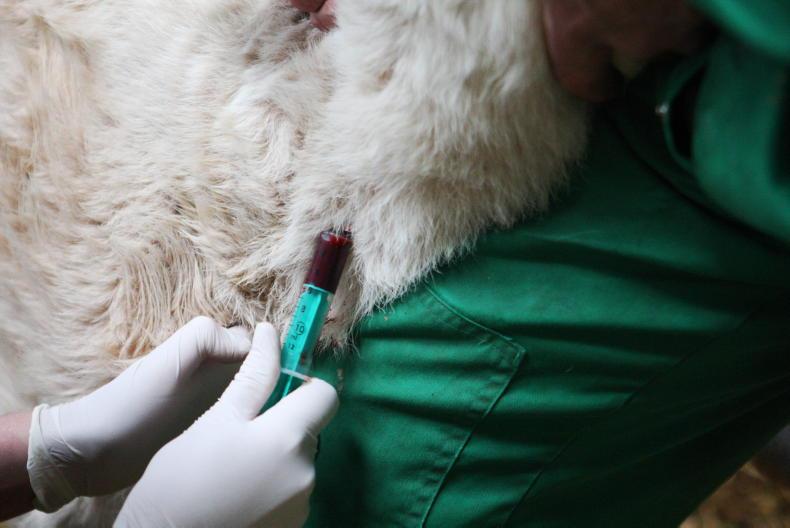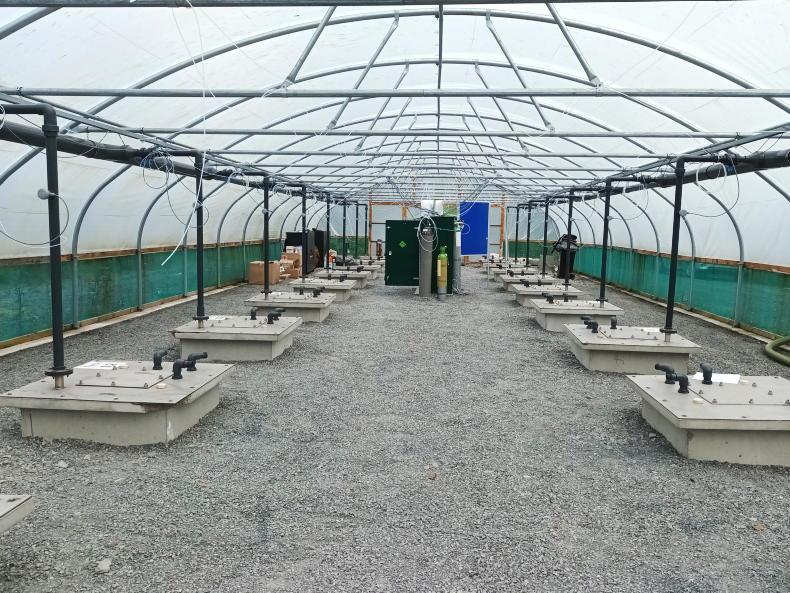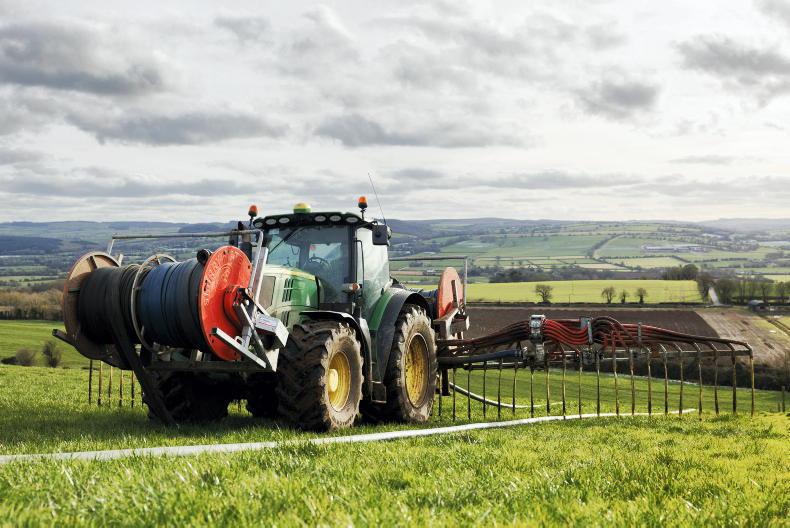A DAERA-led review into the functions provided by the Agri-Food and Biosciences Institute (AFBI) suggested that stronger communication and co-operation channels should be established with CAFRE, but falls short of recommending a new, single organisation is formed.
As part of the review, officials looked at various models from elsewhere. In Scotland, Ireland and the Netherlands, research and development work (as done by AFBI) and knowledge transfer (as done by CAFRE) all come under one organisation.
It is also a format favoured by many government and industry personnel interviewed as part of the latest AFBI review. However, the report notes that amalgamation of both organisations would create various issues and lead to “significant disruption”. Instead, it recommends that “in the first instance” a more measured approach is taken by establishing formal links between both organisations. The next review (2022) could then review at the issue.
NDPB
AFBI was established in 2006, and operates as a non-departmental public body (NDPB) sponsored by DAERA. So while it is outside of central government, it is still constrained by civil service rules, which can limit its ability to source external funding. However, there is little appetite among government or industry to change the NDPB status. Instead, the DAERA review recommends that AFBI could look at the possibility of forming a separate and discrete company to avail of potential opportunities.
Estate
Another key issue, already identified in previous reports, is the large and costly AFBI estate. At present, the organisation operates across seven sites, six of which are owned and maintained by DAERA.
Total AFBI costs come to around £10m, £4m of which is rent paid to DAERA, and £2m on maintenance. While progress has been made on a new veterinary science building at Stoney Road in Belfast, AFBI headquarters at Newforge Lane in Belfast is at the end of its useful life. There is also need to invest in new beef facilities at the Hillsborough site.
With various organisations involved in managing the estate, the DAERA report notes that this has meant decisions relating to rationalisation have lacked sufficient urgency. As a result, it recommends that DAERA should look at the possibility of transferring the estate into AFBI hands.
Board
The DAERA review also looked at the governance of AFBI and the effectiveness of the board. The current board has 13 members, and the review suggests a reduction to 11. It also recommends that someone with a science expertise relevant to the agri food and environment sectors is represented.
Read more
Editorial: retain research and advice base in Northern Ireland
Tough decisions to manage the drought
A DAERA-led review into the functions provided by the Agri-Food and Biosciences Institute (AFBI) suggested that stronger communication and co-operation channels should be established with CAFRE, but falls short of recommending a new, single organisation is formed.
As part of the review, officials looked at various models from elsewhere. In Scotland, Ireland and the Netherlands, research and development work (as done by AFBI) and knowledge transfer (as done by CAFRE) all come under one organisation.
It is also a format favoured by many government and industry personnel interviewed as part of the latest AFBI review. However, the report notes that amalgamation of both organisations would create various issues and lead to “significant disruption”. Instead, it recommends that “in the first instance” a more measured approach is taken by establishing formal links between both organisations. The next review (2022) could then review at the issue.
NDPB
AFBI was established in 2006, and operates as a non-departmental public body (NDPB) sponsored by DAERA. So while it is outside of central government, it is still constrained by civil service rules, which can limit its ability to source external funding. However, there is little appetite among government or industry to change the NDPB status. Instead, the DAERA review recommends that AFBI could look at the possibility of forming a separate and discrete company to avail of potential opportunities.
Estate
Another key issue, already identified in previous reports, is the large and costly AFBI estate. At present, the organisation operates across seven sites, six of which are owned and maintained by DAERA.
Total AFBI costs come to around £10m, £4m of which is rent paid to DAERA, and £2m on maintenance. While progress has been made on a new veterinary science building at Stoney Road in Belfast, AFBI headquarters at Newforge Lane in Belfast is at the end of its useful life. There is also need to invest in new beef facilities at the Hillsborough site.
With various organisations involved in managing the estate, the DAERA report notes that this has meant decisions relating to rationalisation have lacked sufficient urgency. As a result, it recommends that DAERA should look at the possibility of transferring the estate into AFBI hands.
Board
The DAERA review also looked at the governance of AFBI and the effectiveness of the board. The current board has 13 members, and the review suggests a reduction to 11. It also recommends that someone with a science expertise relevant to the agri food and environment sectors is represented.
Read more
Editorial: retain research and advice base in Northern Ireland
Tough decisions to manage the drought









SHARING OPTIONS